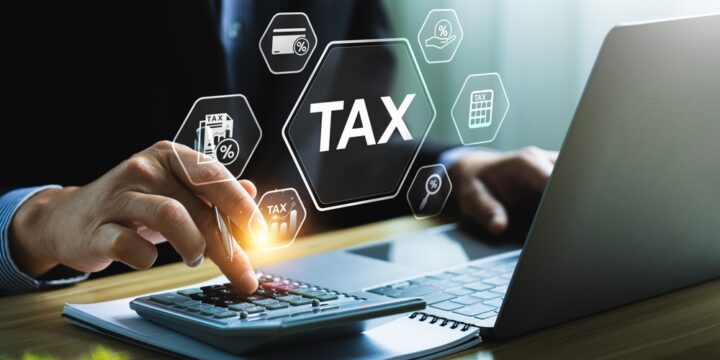
The 962 Election vs. The High-Tax Exception: The Epic Showdown
By Anthony Diosdi Prior to the enactment of the 2017 Tax Cuts and Jobs Act, Controlled Foreign Corporations (“CFCs”) were able to defer the U.S. taxation of foreign source income through tax planning. The 2017 Tax Cuts and Jobs Act significantly reduced (but did not eliminate) a CFC’s U.S. shareholder’s ability to defer the U.S. taxation of foreign source income. This article will discuss two remaining options available to CFC shareholders to defer the recognition of U.S. tax on foreign source income. CFC shareholders can make either a so-called 962 election or a high-tax exception (also known as a Section 954 election) to defer the taxation on foreign income. This article will compare and contrast each of these elections.Section 962 ElectionInternal Revenue Code Section 962 allows an individual U.S. shareholder…








